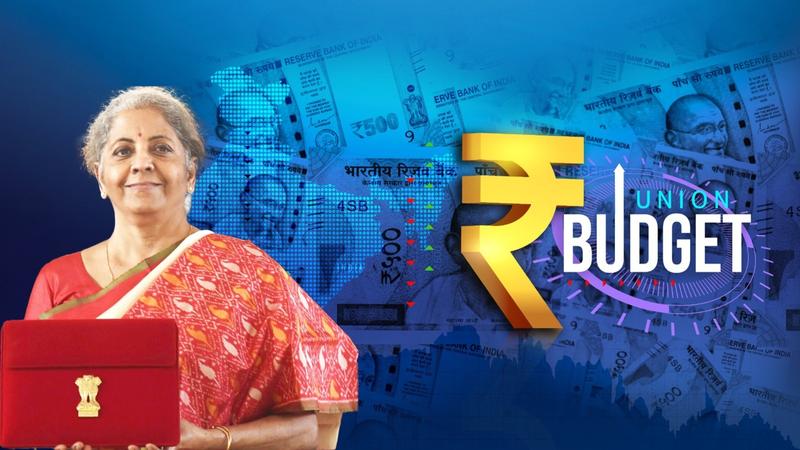Published 19:30 IST, December 30th 2024
Key Tax Changes To Remember In 2025 Ahead Of Budget 2025 - Exemption, Tax Slabs
Explore key tax changes from Budget 2024, including revised tax slabs, exemptions, and corporate tax reforms, while uncovering expectations for Budget 2025.

With the Union Budget 2025 just around the corner, the tax reforms introduced in 2024 are setting the stage for important updates in exemptions, tax slabs, and sector-specific measures. Here’s a closer look at what was the priority in Budget 2024.
Key tax exemptions in 2024
Customs duty exemptions
- The government introduced full exemptions on 25 critical minerals vital for renewable and nuclear energy sectors.
- Shrimp and fish feed duties were reduced from 15% to 5%, aiding the aquaculture industry.
- Exemptions on parts used in electronics manufacturing, such as oxygen-free copper, were implemented to support local production.
Personal income tax exemptions
- The standard deduction was increased from Rs 50,000 to Rs 75,000 under the new tax regime.
- The deduction for family pensions rose from Rs 15,000 to Rs 25,000.
- The exemption limit for capital gains was increased to Rs 1.25 lakh per year, benefiting middle and lower-income groups.
Corporate tax
Angel tax was completely abolished for all investors, further encouraging startup investments.
Revised tax slabs under the new regime
The revised income tax slabs under the new tax regime are designed to provide relief to taxpayers. For individuals with an annual income up to Rs 3,00,000, there is no tax liability. Income between Rs 3,00,001 and Rs 7,00,000 is taxed at 5%, while earnings between Rs 7,00,001 and Rs 10,00,000 attract a 10% tax rate. For income between Rs 10,00,001 and Rs 12,00,000, the tax rate is 15%, and between Rs 12,00,001 and Rs 15,00,000, it is 20%. Any income above Rs 15,00,000 is taxed at 30%.
Also, employees opting for the new regime could see tax savings of up to Rs 17,500, encouraging more to switch to the simplified system.
Corporate tax and capital gains tax
For foreign companies, the tax rate was reduced from 40% to 35%, attracting international investments. Additionally, capital gains on both financial and non-financial assets are taxed at 12.5% for long-term and 20% for short-term gains.
Themes and priorities for Budget 2024
In her Budget 2024 speech, Finance Minister Nirmala Sitharaman highlighted key themes focused on driving economic growth and sustainability. She stressed job creation, particularly in the manufacturing sector, with new schemes aimed at stimulating employment, alongside initiatives for skilling through upgraded ITIs and youth internships.
The government’s focus on infrastructure and urban development was reinforced with a record Rs 11.11 lakh crore allocated for capital expenditure, targeting projects like PMAY and transit-oriented development.
Additionally, Sitharaman highlighted the importance of climate and energy security, with policies promoting renewable and nuclear energy, including the PM Surya Ghar Muft Bijli Yojana, which will provide free electricity up to 300 units for households.
The Budget also focused on supporting domestic manufacturing by simplifying customs duties and improving GST treatment for co-insurance and reinsurance agreements.
Sector-specific measures included tax exemptions for critical minerals and electronics to promote green energy, alongside enhanced benefits for MSMEs and exporters in key sectors like textiles and seafood.
Additionally, the Vivad Se Vishwas Scheme 2024 was launched to resolve pending disputes, and higher monetary limits for appeals in tax tribunals and courts were introduced to expedite the legal process.
What to expect in Budget 2025
There is growing speculation about the future of the Old Tax Regime. The New Tax Regime, with its simplified structure, is expected to continue to dominate, and there are talks about making it the default choice for all taxpayers.
While the government has tried to simplify the tax process through the new system, many are concerned that the Old Tax Regime, which offers a wide range of deductions and exemptions, may eventually be phased out.
Updated 19:30 IST, December 30th 2024